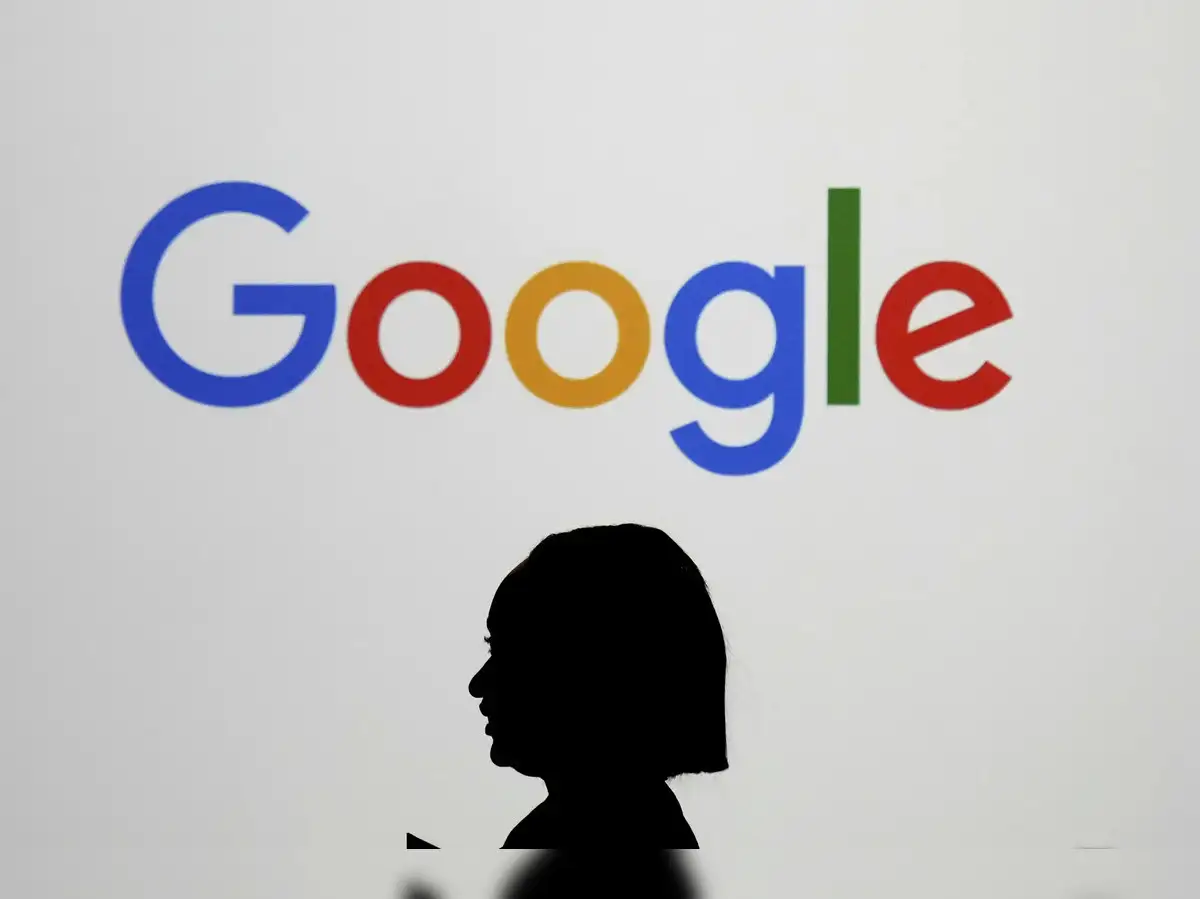Exploring the Impact of AI Innovations on Modern Society
Author: AI Trends Reporter
Artificial Intelligence (AI) is rapidly reshaping our world, influencing sectors from healthcare to education, and even the arts. At its core, AI enables machines to simulate human intelligence processes, such as learning and problem-solving. As we embrace AI technologies, their impact on daily life becomes increasingly evident, prompting a deeper understanding of their capabilities and limitations.
In the realm of healthcare, AI applications are revolutionizing patient care. From predictive analytics to personalized medicine, AI tools assist in diagnosing conditions faster and with greater accuracy. For instance, AI algorithms analyze vast amounts of medical data, identifying potential health risks before they become severe. This proactive approach not only improves patient outcomes but also reduces healthcare costs significantly.
The use of AI in healthcare has proven transformative, providing predictive analytics that can enhance patient outcomes.
As AI continues to gain traction, ethical considerations become paramount. The rise of AI-enabled disinformation, especially in political contexts, has sparked a significant concern among policymakers and the public. For example, AI-generated fake images and videos have the potential to mislead viewers, complicating diplomatic efforts and societal trust. Such challenges necessitate a comprehensive framework governing AI technology to ensure it is developed responsibly.
Moreover, in the field of education, AI technologies are personalizing learning experiences for students. Tools such as AI-driven tutoring systems can adapt to the needs of individual learners, providing targeted support and facilitating a deeper understanding of complex subjects. A recent survey highlighted that 88% of students turn to AI platforms for emotional support, revealing the increasing reliance on technology during stress, particularly among the youth.

AI in education is becoming a focal point, helping personalize learning experiences and providing support to students.
Furthermore, the integration of AI in social media platforms has garnered significant attention. Meta's introduction of AI-generated voice dubbing features on Facebook and Instagram enables creators to translate and modify their content efficiently. By allowing users to dub their voices in different languages, Meta enhances accessibility and broadens the audience reach, showcasing the immense potential of AI in communication.
However, as technology continues to evolve, debates surrounding its implications are intensifying. Critics express concern about data privacy and the potential misuse of AI technologies, particularly regarding user data collection. The balance between innovation and safeguarding users' rights is critical, as demonstrated in Google's recent partnership with Australia’s national newswire to improve real-time news capabilities through AI.

The partnership between Google and Australia’s national newswire aims to enhance news reporting capabilities using AI.
Amid these advancements, the concept of the 'AI talent shift' is becoming prevalent. Recent reports indicate a notable movement of talent from startups to Global Capability Centers (GCCs), reflecting changes in the employment landscape of the tech industry. With IT firms hiring less frequently from startups, experts suggest that GCCs are becoming prime destinations for skilled workers seeking stability and innovation.
As society grapples with the rapid integration of AI technologies, discussions are necessary to address both the opportunities and challenges they present. The focus should remain on fostering an environment conducive to ethical growth while maximizing the benefits of AI advancements. Achieving this balance is crucial for ensuring AI's potential is realized without compromising social values.
In conclusion, AI innovations are undeniably transforming various facets of modern life. As we progress into a more interconnected and technologically advanced future, it is essential to navigate the complexities presented by AI with caution and foresight. By embracing these advancements responsibly, society can harness the full potential of AI technologies to create a more efficient, creative, and inclusive world.